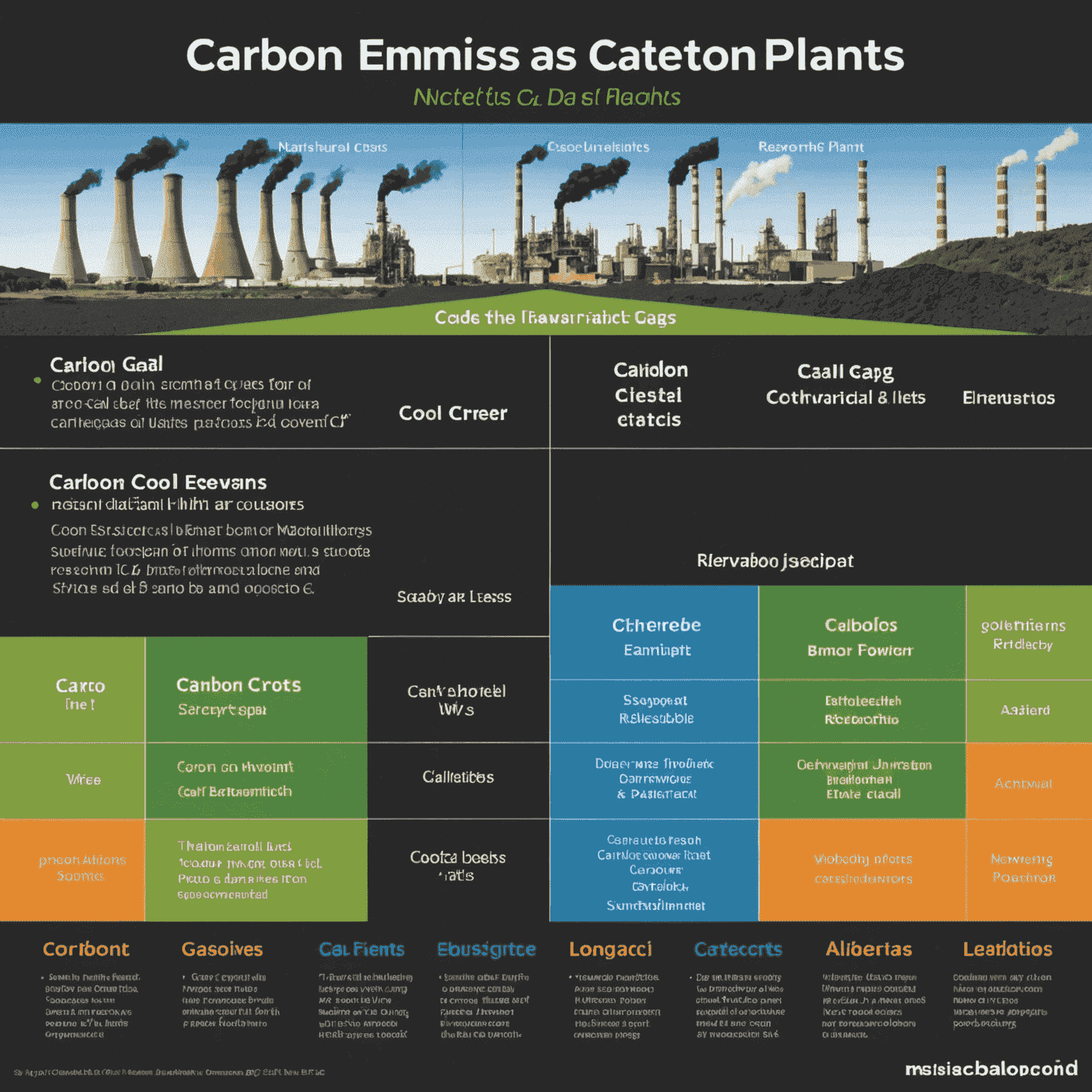The Future of Natural Gas in South Africa

As South Africa grapples with the challenges of energy security and environmental sustainability, the potential role of natural gas in diversifying the country's energy mix and reducing carbon emissions has become a topic of intense discussion and analysis.
The Current Energy Landscape
South Africa's energy sector has long been dominated by coal, which has provided a reliable but carbon-intensive source of power. However, as the nation strives to meet its international climate commitments and address local environmental concerns, there is a growing need for cleaner energy alternatives.
Natural Gas: A Bridge to a Greener Future?
Natural gas is often touted as a "bridge fuel" in the transition to renewable energy sources. It offers several advantages over coal:
- Lower carbon emissions
- Reduced air pollution
- Flexibility in power generation
- Potential for domestic production

Challenges and Opportunities
The integration of natural gas into South Africa's energy mix presents both challenges and opportunities:
Opportunities:
- Job creation in the gas industry
- Potential for skills development and leadership training in a new sector
- Improved energy security through diversification
- Attraction of foreign investment
Challenges:
- Infrastructure development costs
- Regulatory framework adjustments
- Balancing gas development with renewable energy goals
- Addressing environmental concerns related to gas extraction
The Role of Skills Development
As South Africa considers expanding its natural gas sector, there is a critical need for skills development and leadership training. The gas industry requires specialized knowledge in areas such as:
- Gas exploration and production
- Pipeline engineering and maintenance
- Gas-fired power plant operation
- Environmental impact assessment and mitigation
Investing in these skills will not only support the growth of the natural gas industry but also create valuable employment opportunities for South Africans.

Looking Ahead
The future of natural gas in South Africa's energy landscape remains uncertain, but its potential to contribute to a cleaner, more diverse energy mix is significant. As the country navigates the complexities of energy transition, careful consideration must be given to the economic, environmental, and social impacts of natural gas development.
By fostering skills development, encouraging leadership in the energy sector, and maintaining a balanced approach to energy policy, South Africa can harness the benefits of natural gas while continuing to progress towards a sustainable energy future.